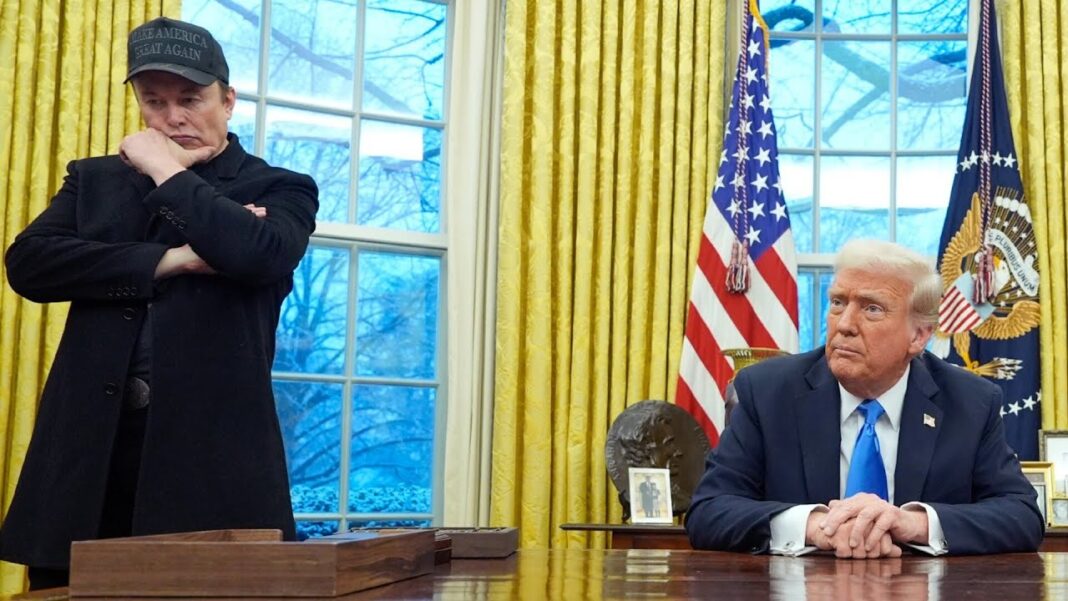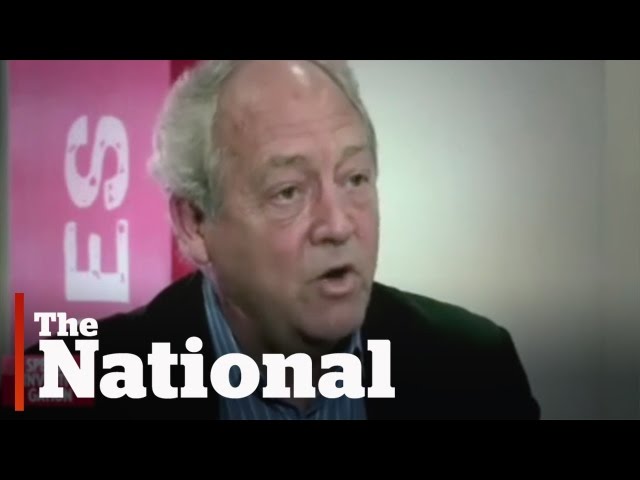Trump has said that U.S. and Russian officials will also meet in Munich on Friday for discussions and that Ukraine had been invited.
U.S. Vice President JD Vance and Ukrainian President Volodymyr Zelenskyy are meeting on Friday, following President Donald Trump’s call with Russian President Vladimir Putin and the announcement of talks aimed at ending the war in Ukraine.
Zelenskyy and Vance are both attending the 61st Munich Security Conference, a three-day annual gathering of political leaders, military officers, and diplomats in the German city.
Trump said on Wednesday that he had initiated proceedings to hold talks with Putin surprised both the Ukrainians and America’s allies in Europe, who had not been made aware of the move ahead of time.
Fearing they may be excluded from any upcoming negotiations to bring a halt to the nearly three years of war in Ukraine, representatives of European governments called for a seat at the table.
Britain, Germany, France, Poland, Italy, Spain, and the European Commission’s (EC) top foreign representatives said that only a fair agreement with security guarantees would ensure lasting peace and an acceptable resolution to the conflict.
In a joint statement, they said, “Our shared objectives should be to put Ukraine in a position of strength. Ukraine and Europe must be part of any negotiations. Ukraine should be provided with strong security guarantees. A just and lasting peace in Ukraine is a necessary condition for a strong transatlantic security.”
Trump described the call with Putin as “highly productive” and, shortly after that conversation, he briefed Zelenskyy.
The Ukrainian president cautioned world leaders against “trusting Putin’s claims of readiness to end the war.”
Vance, as a senator, was skeptical about American support for Ukraine. At last year’s Munich conference, he said Washington’s strategic priorities lay primarily in Asia and the Middle East.
However, in comments reported in the Wall Street Journal on Friday, Vance did not rule out sending U.S. troops to Ukraine.
“There are economic tools of leverage, there are of course military tools of leverage” the U.S. could use, he told the paper, adding that “we do care about Ukraine having sovereign independence.”
By Guy Birchall






